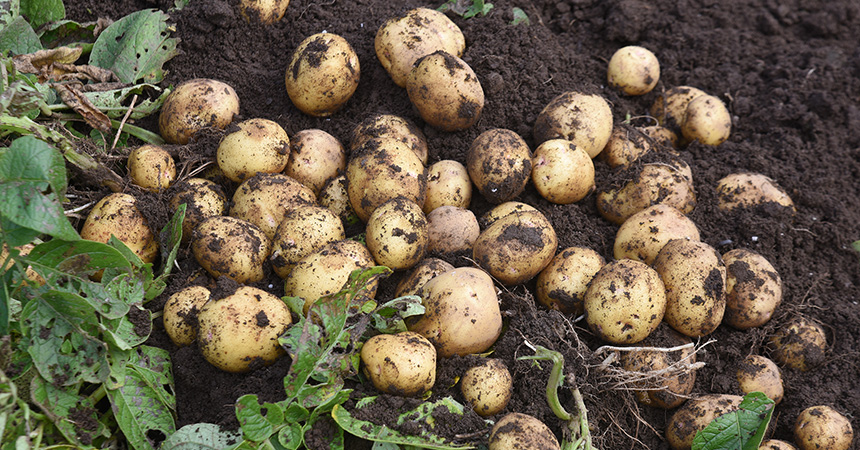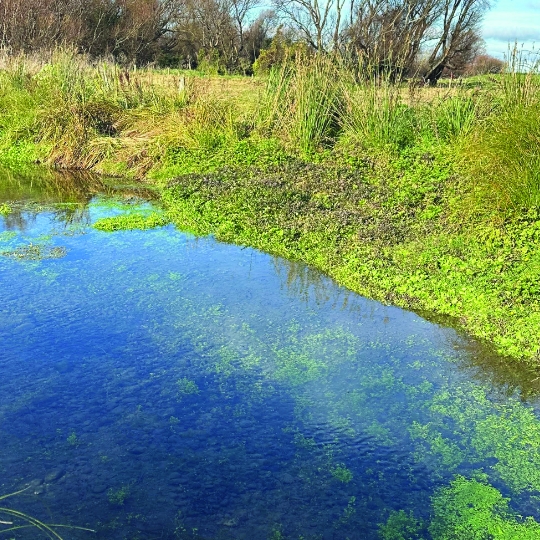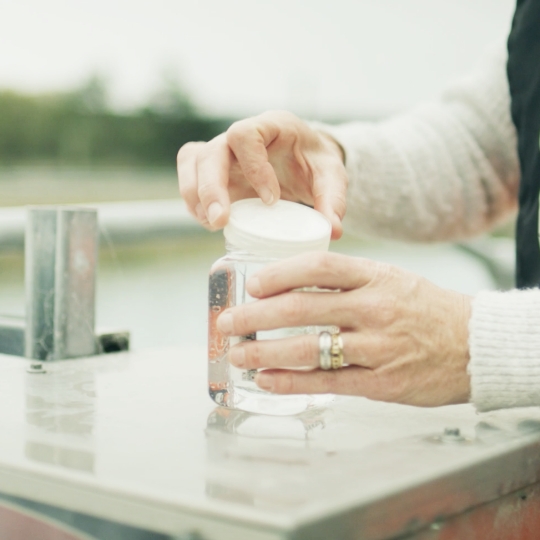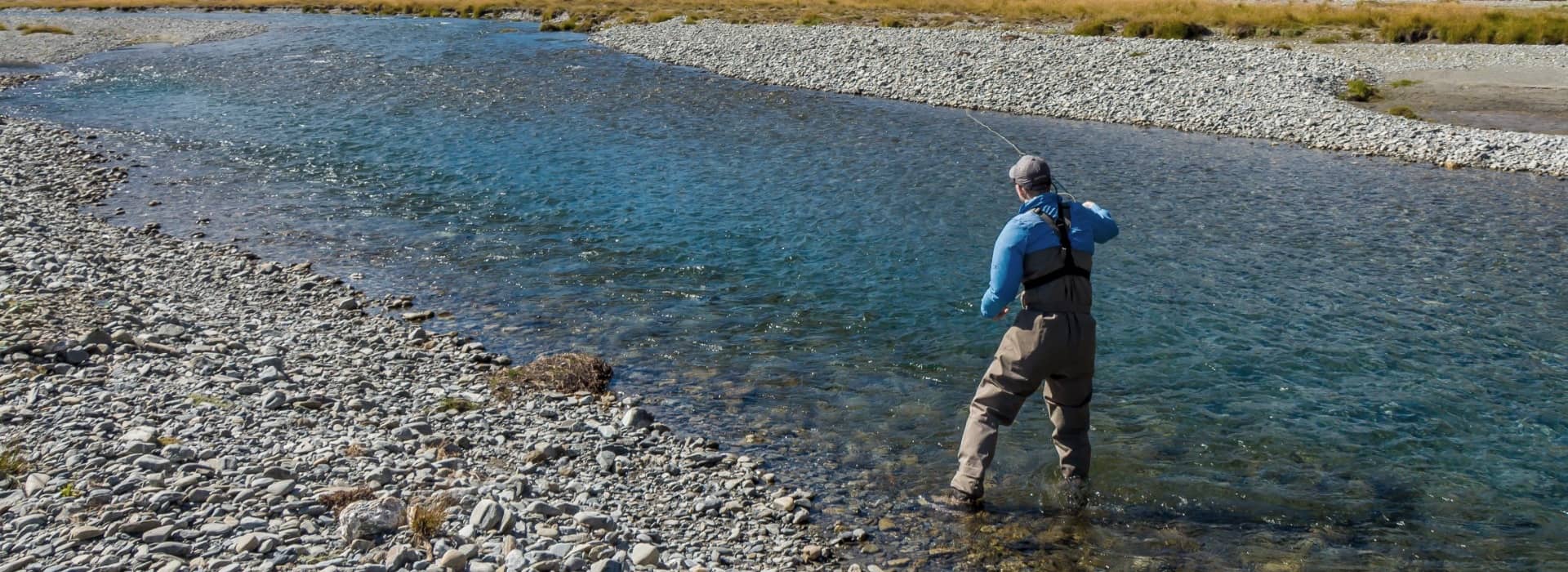

The Allan Pye Journey.
Sowing Seeds of Change.
Growing up in Temuka, South Canterbury, Allan Pye knows how to grow things- not just carrots and potatoes but successful companies as well. His legacy spans dairying, vegetables, cropping, grazing, contracting, and transport.
The early years.
Growing up on his parents’ small acreage with his sisters, from his earliest years, Allan remembers working hard, farming, growing and absorbing knowledge about the land. One thing led to another, and not long after leaving school, Allan spotted an opportunity to grow potatoes on an acre of land he leased from his father.
The first year was so successful that the then-15-year-old doubled his acreage the following year, systematically reinvesting his profits to scale up the business. And there it was: At the age of 15, Allan recognised that the unique and fertile soils of South Canterbury had the potential for mixed crop farming – and if done well, the land would provide for his family for many generations to come.
The magic ingredient.
Working to his strengths, potatoes were a good place to start. Potatoes need plenty of sunlight, free-draining soil, and one magic ingredient – water. “I knew from an early age that water isn’t a nice-to-have; for any crops, it is a case of no water – no crops. Water is essential for quantity of yield,” he added. “It is simple water makes things grow, and lack of water has a huge impact on yield production.”
Water is a vital resource that plays a role in helping New Zealand secure its place as a world-leading food producer and is essential to sustaining, growing, and maintaining production for domestic consumption – including staple vegetables like the potato.
New Zealanders and potatoes.
Potatoes are a fundamental element of New Zealand’s food security. As a nation, we are fortunate to have most of our vegetables locally grown and readily available for domestic consumption.
New Zealanders have an undeniable love affair with potatoes. In the past year alone, approximately 525,000 tonnes of potatoes were grown, 94% of this destined for the domestic market. Packing a punch with nutritional benefits, potatoes are a low-cost, nutrient-rich delight that has found a permanent place on Kiwi plates.
Global trust.
The food journey didn’t stop at domestic consumption. 1991 New Zealand entered the global market for processed potatoes, primarily French fries and crisps. This has become one of New Zealand’s success stories in the primary industries, illustrating the world’s trust in New Zealand-grown food and the ability of New Zealand growers to meet global demand.
A turning point in agriculture.
A pivotal moment in agriculture unfolded when Allen realised the challenges of traditional farming methods. “Farming is hard work, and getting precious water onto crops is even harder. Shifting pipes every few hours, day, and night, had no future, reflects Allan. This revelation became evident during a research trip to the USA, where he encountered the game-changing innovation of pivot irrigation.
Allan immediately saw the potential of pivot irrigation in enabling smart farming, water efficiency and control, and sustainability, leading to significantly higher yields. Bringing this innovation back to New Zealand was a clear choice for Allan.
Today, pivot irrigators punctuate the New Zealand farming and agricultural scenery, ensuring that present-day crops thrive without compromising the needs of tomorrow.
Central Plains Water.
Allan championed the cause of Central Plains Water (CPWL) from day one despite having plenty of water himself.
“It was a given that they had to get the scheme over the line.” CPWL ensured that everyone had an opportunity to access water and create a sustainable future.
He asserts, “You do what is right. “If you can, you make things happen.” Allan’s belief in water and the scheme was such that he was one of the shareholders who stepped in at the eleventh hour to purchase the shortfall of shares that were on offer during the capital raise period and were required to get the scheme across the line. Allan didn’t need these shares but committed to purchasing them without the land to utilise them and incurring the annual water charges for years after. When asked why, Allan didn’t hesitate to answer “I had confidence in the project. It was clear the shareholders were motivated to secure the future of agriculture in the district and were desperate to overcome major challenges. There is nothing like a challenge to unite people.”
The reality is, that without the support of a few key shareholders, including Allan, to purchase those final shares, CPWL would have been shelved, resulting in a very different landscape for Canterbury today.
An instrumental moment.
A critical turning point for CPWL emerged amidst a long and often controversial journey. The initial prospectus for Stage 1 set a minimum share threshold, and the scheme faced uncertainty as funding dwindled. Motivated CPWL shareholders held firm, but two days before the funding deadline, CPWL found themselves short by 20000 shares.
Despite approaching larger shareholders, including Allan, CPWL still needed 1500 shares to be sold. A breakthrough came through Geoff Stevenson, who, through his relationship with Fonterra Chairman John Wilson, brokered an agreement for Fonterra to acquire 1500 shares, prioritising reselling.
Down to the wire.
And yet, all efforts aside and only eight hours until the capital-raising deadline closed, there was a shortfall of shares sold. In a decisive move against the ticking clock at 4:50 pm, Allan stepped in, committing to purchase the remaining shares without land to utilise them, incurring annual charges for years.
When asked why, Allan didn’t hesitate to answer, “I had confidence in the project. It was clear the shareholders were motivated to secure the future of agriculture in the district and were desperate to overcome major challenges. There is nothing like a challenge to unite people.”




